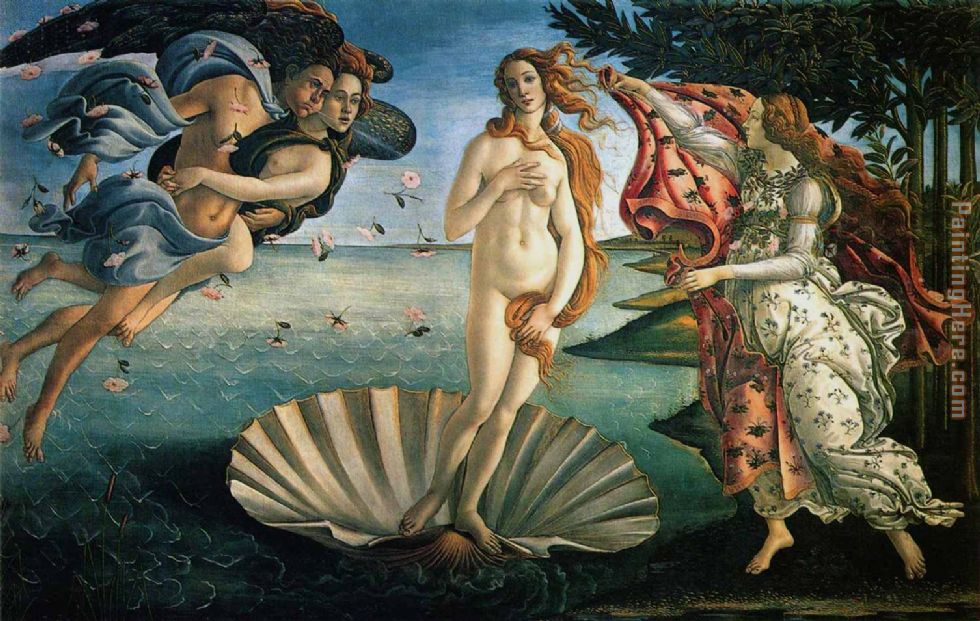 |
| Suzanne Taylor doing research. From the Daily Mail. |
Can a blood test determine someone's happiness? I don't know, but that's what Suzanne Taylor of the
Daily Mail tried to find out. She let researchers sample her blood and examine its
oxytocin levels. Oxytocin--sometimes called the "love hormone"--is released into the blood when someone touches another human being. The chemical helps create feelings of trust, security, and possibly sexual arousal in the brain, with more oxytocin creating more positive feelings.
So what actions release the most oxytocin? That's what Suzanne Taylor wanted to find out, so in a rather unscientific test, she did four different activities on four separate days and had blood tests after each one. She went on a date, spent time with her daughter, went shopping, and spent time with a female friend.
Here are the results, in descending order of the amount of oxytocin from each activity (the theory is that the higher the number, the more actual happiness she felt):
- Time with daughter: 115 picograms of oxytocin per mL of blood.
- Time with female friend: 94 picograms/mL.
- Shopping: 88 picograms/mL.
- Date: 62 picograms/mL.
So there it is. No real surprises, except maybe that shopping scored higher than actual contact with a human being (the date, even though it apparently went well). Of course these results mean very little, seeing as this is an uncontrolled test with too many variables (maybe the date scored lowest because it was the first day tested, and she wasn't used to the needle yet). Also, everyone's oxytocin levels are probably different, making these results almost meaningless for other people.
This is an interesting course of study, however, so if anyone could do a similar test with a control group and a large sample size, the results would probably be quite helpful to everyone. Of course, you would need to find a lot of test subjects willing to be pricked by needles every day, or at least find a better way to check oxytocin.



















